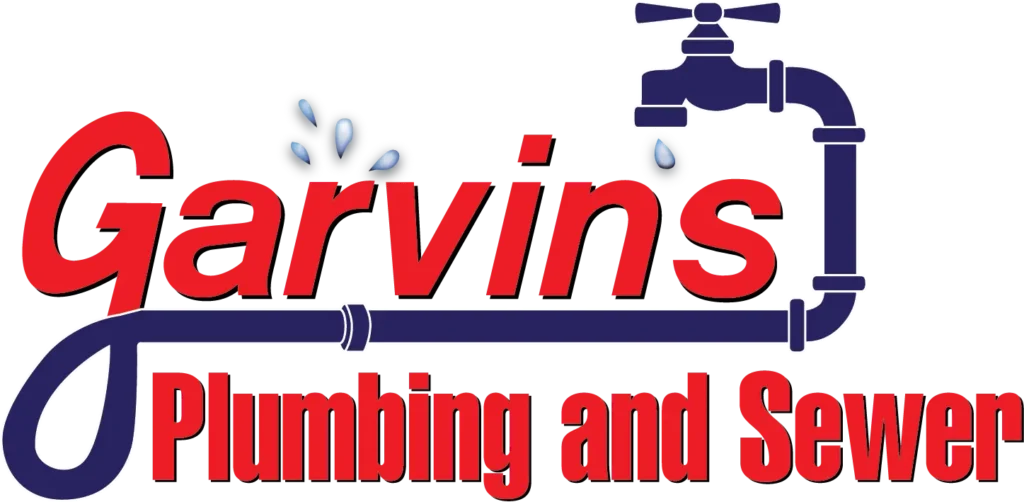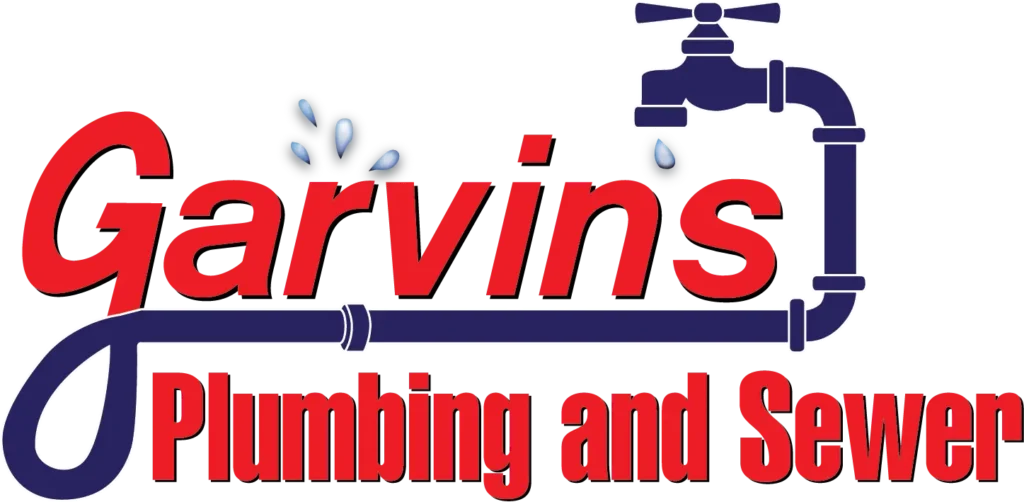Plumbing Services
At Garvin’s Plumbing and Sewer, we’re more than just plumbers. We’re your go-to experts for keeping your water flowing and your home comfortable. Whether you’re looking to upgrade to an energy-efficient tankless water heater, need a hand with kitchen or bathroom plumbing or are thinking about giving your home’s plumbing system a complete overhaul with whole-home repiping, we’ve got you covered.
Our team doesn’t just fix leaks — we provide solutions that ensure your plumbing is in top shape, from gas line services to comprehensive commercial plumbing needs. We understand that plumbing issues can be a hassle, which is why we’re here to offer reliable, professional services when you need them. Trust us at Garvin’s Plumbing and Sewer to take care of your plumbing needs with the expertise and care your home deserves.
Bathroom Plumbing
Reclaim the peace in your bathroom with five-star services!
Commercial Plumbing
Smooth flowing pipes, happy customers and clients!
Gas Line Plumber
We put safety first. For gas line needs, work with the best!
Kitchen Plumbing
Keep the hub of your home running smoothly!
Leak Detection
Don’t stress about hidden leaks – let us find them!
Plumbing Repair
When you have a plumbing concern, we’re just a call away!
Tankless Water Heaters
Hot water at your fingertips – now that’s convenience!
Water Heaters
Rely on hot water from every tap with our team on your side!
Whole-Home Repiping
New plumbing pipes = less stress and fewer drips or leaks!





